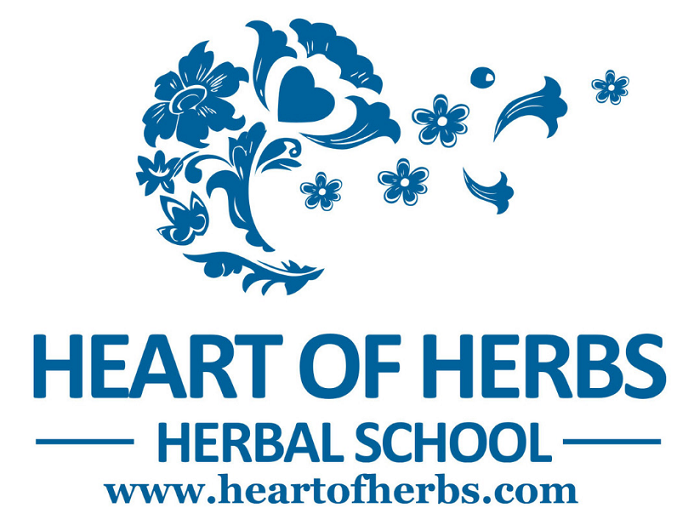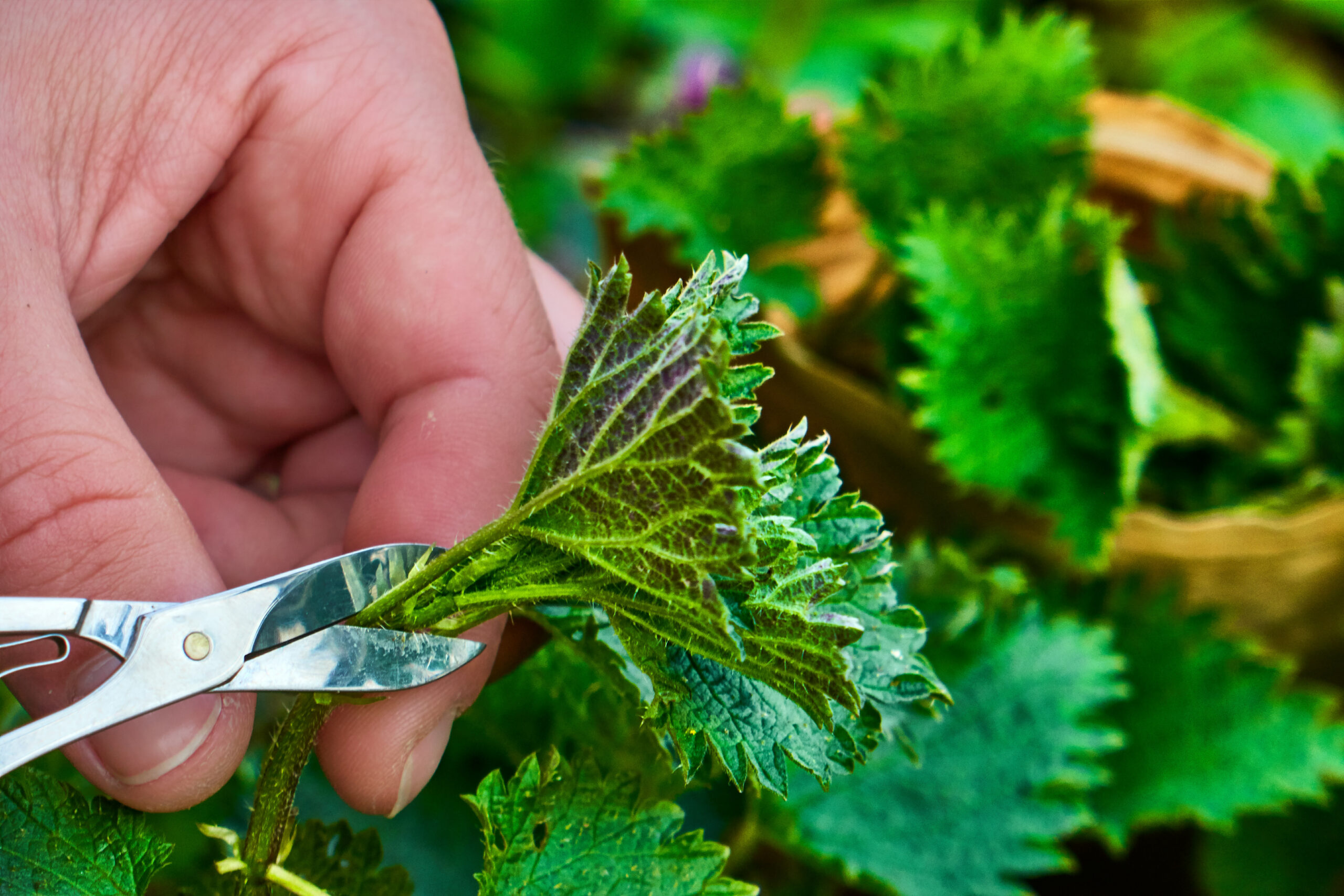I got stung by nettles when I was a kid, and I remember it well. It wasn’t very painful, but the sting did last for quite a while. Fast-forward to my adult life, I know give myself a sting whenever my carpal tunnel is acting up. I’ve learned that nettles are tasty in tea and highly healthy.
Nettles are a great source of iron.
Iron is an essential mineral—your body needs it to produce hemoglobin, which transports oxygen throughout your body. Iron deficiency can lead to fatigue and other symptoms, including headaches, dizziness, and irritability.*
Nettles can give you more energy.
Nettles are rich in iron. Iron is a mineral that aids the body in producing red blood cells, which carry oxygen around the body. Without enough iron, you can feel tired and sluggish, making it hard to get through your day. Nettles also contain high levels of vitamin C, which supports normal energy metabolism in the body.
Suppose you’re anemic or deficient in any way. In that case, nettles may help restore your energy levels while boosting your skin!
Nettles can boost your immune system.
Nettles are one of the most highly nutritious plants around. They’re rich in vitamins A, C, D, and E. Nettles also contain iron, zinc, silica, and more than a dozen other minerals that help to boost the immune system. Selenium (a mineral found in nettles) may even help reduce depression symptoms by increasing serotonin levels in the brain.
Nettles are an antihistamine
Histamines are a chemical released by the body when exposed to an allergen and cause allergic reactions, such as inflammation, itching, and swelling. They can also cause sneezing.
Nettles may help reduce inflammation.
Many people believe that inflammation is a bad thing. Still, it’s your body reacting to injury or irritation. Inflammation can cause pain and swelling, but it’s also necessary for healing wounds and recovering from injury.
Inflammation occurs when the immune system releases proteins called cytokines to fight off foreign objects like bacteria or viruses. These cytokines trigger the production of prostaglandins, which dilate blood vessels near the area of injury so that more blood flows there, carrying more white blood cells that help fight infection. Meanwhile, as these inflammatory processes are happening in your body, you might experience other symptoms, such as redness and warmth around affected areas.
What causes inflammation?
There are many possible triggers for inflammation: infection, trauma; allergies; autoimmune disease (like rheumatoid arthritis); overexertion from exercise or work activities; poor posture habits with long periods of sitting down without taking breaks to stretch out muscles—the list goes on! In some cases, like rashes from poison ivy exposure or sunburned skin, knowing how much nettles can help reduce inflammation will be helpful information when trying not only to relieve pain but prevent further damage done by continued exposure during recovery periods.
Nettles are packed with vitamins and minerals.
Nettles are a good source of vitamins A, C, and K. Nettles also contain vitamins B1, B2, B3, B5, B6, and folate.
Drinking nettle tea is one of the most awesome things you can do for your body.
One of the best things you can do for your body is to drink nettle tea. Here’s why:
- Nettles are a great source of iron, which helps keep anemia at bay and may also be good for your skin.
- Nettles can give you more energy and make it easier to fall asleep at night if they’re used as a sleep aid or taken regularly as part of an energy-boosting diet.
- The antihistamine properties in nettles can help reduce inflammation, making them helpful for those with allergies or asthma problems such as shortness of breath and wheezing (for example). In fact, in ancient times, people used nettles as protection against stinging insects such as bees because they knew about their anti-inflammatory effects—but today, we know even more!
Conclusion
As we’ve seen, nettles are an excellent addition to any diet. Not only do they make a tasty tea, but they also can be added to soups and stir-fries for a boost of vitamins and minerals. Nettle infusions help with allergies, coughs and colds, rheumatism, arthritis, gout, and osteoarthritis. Some herbalists say that nettles can help with almost anything! If you can get your hands on some fresh or dried nettle leaves, I highly suggest trying it out; you won’t regret it.
Sources
“Iron Deficiency: Causes, Symptoms & Excessive Losses of Body Iron“


